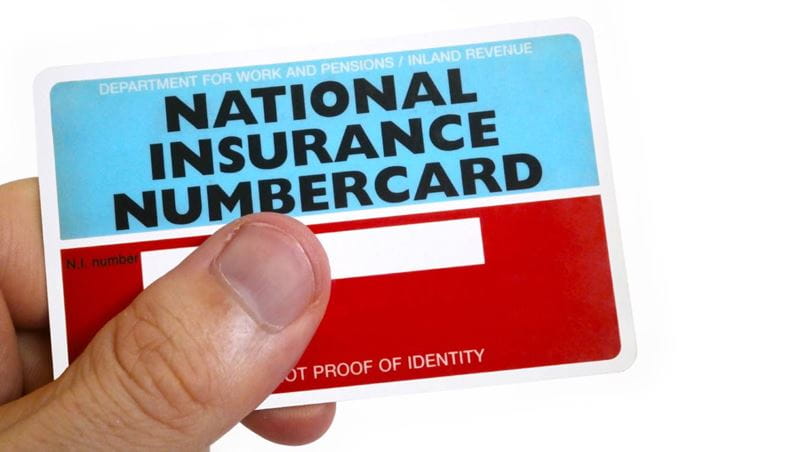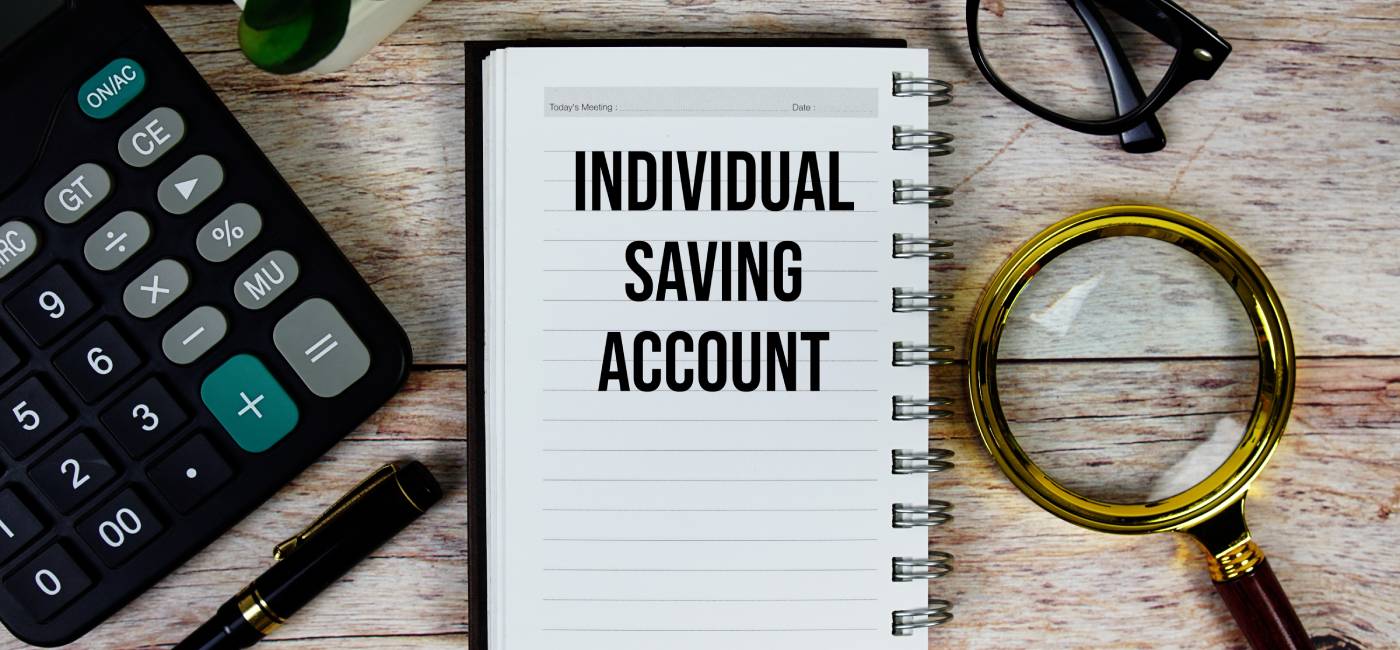
This article is for general guidance only and is not financial or professional advice. Any links are for your own information, and do not constitute any form of recommendation by Saga. You should not solely rely on this information to make any decisions, and consider seeking independent professional advice. All figures and information in this article are correct at the time of publishing, but laws, entitlements, tax treatments and allowances may change in the future.
Heather Bune, who is in her early 80s and lives in Devon, nearly missed out on essential financial support because, like many others, she had misplaced her national insurance (NI) number and didn’t know where to find it. Heather’s husband looked after their financial matters until he died in the late 1990s, and Heather has been living on her own since then.
When her daughter, Fiona, realised Heather might be eligible for attendance allowance while she was waiting for a second knee operation, they were unable to locate her NI number to claim the benefit. Below, we’ll explain all the reasons you need your NI number, as well as how to find it – and what Heather and her daughter did next.
What’s on this page?
Most people will have received their NI number just before their 16th birthday. You may even remember receiving your number on a red, blue and white plastic NI card in the post (they were phased out in 2011).
But while some of us might know exactly where our NI card is – or have committed the number to memory – others may have forgotten all about it. After all, it’s an easy thing to misplace and we have so many different codes and passwords to remember. Your NI number is important for lots of reasons. Here are some reasons you might need it
Knowing how to find your NI number is particularly crucial if you’re not used to having to provide it. Heather says she had no need for her NI number when she was younger. “I hadn’t had a job since my early teens.
I had two children and got child benefit – back then it was via a paper book, and you cashed it weekly… I was a housewife,” she explains. But it became more relevant as she got older, was diagnosed with osteoarthritis and needed more support in her home.
From her daughter Fiona’s point of view, if she hadn't realised Heather was eligible for attendance allowance and nagged her to do something about it, she would never have claimed on her own.
Finding her NI number involved some online digging, as Heather explains: “We had to visit the government website online. We had to find ID – in this case, an expired passport – send off a form with this information and then wait for the number to arrive in the post.
“Once we had it, we realised it was listed on my bank statements anyway – I just didn't know this was my NI number.” Although it’s still possible to claim certain benefits without an NI number, doing so makes the process lengthier and more complicated, as your NI number is one of the first things the application form asks for. According to Steph Gemson, founder at chartered tax advisers TaxGem, not knowing your NI number can delay claims or even put people off applying altogether.
She says: “This case study is a reminder for both older individuals and their families to ensure their NI details are accessible. If you have elderly parents or relatives, helping them locate their NI number now can prevent unnecessary stress and delays when applying for vital benefits later.”

If you don’t know your NI number, or can’t remember receiving one, there are several ways to locate it. One option is through the gov.uk website. If you have a Government Gateway user ID, you can log into your personal tax account and find it there.
But if you don’t have an account, don’t panic – it’s often easy to locate your number on certain paperwork, provided you know what you’re looking for. Lauren Harvey, accounts manager for The Accountancy Partnership, says: “You'll normally be able to find your NI number on any document relating to pay, benefits, or tax – such as payslips, tax returns, P45s, or benefits letters and emails.
It consists of two letters, followed by six digits, and then will end in either A, B, C, or D.” An example is QQ123456B. If you’re still unable to track down your NI number, you can phone the National Insurance helpline on 0300 200 3500 Monday to Friday from 8am to 6pm.
You won’t be told your NI number over the phone, but it will be posted out to you. It can take up to 10 working days to arrive. Alternatively, you can fill in a form CA5403, print it out and send it by post to HMRC.
You will need to provide personal details, including your name, your current and previous home addresses, any benefits you’ve claimed and your employment history. You may also need to include a photocopy of one or two identity documents, such as a passport or driving licence. Your NI number should arrive within 15 working days.
Once you’ve located your NI number, it’s crucial to check you’re claiming all the benefits you’re entitled to. Caroline Abrahams, charity director at Age UK, warns that thousands of older people are missing out on vital benefits such as Pension Credit and Attendance Allowance because they don’t realise that they qualify.
She says: “This additional financial help can be life-changing and we urge any older person living on a low income or struggling with their bills to contact Age UK’s free Advice Line on 0800 169 65 65 without delay to check they’re receiving all the financial support available to them.
“Our Advice Line team will be able to help callers with questions about their claims, including options for those who aren’t sure about their national insurance number.” You can also go to the Independent Age website or call its free helpline on 0800 319 6789, or use the Turn2Us benefits calculator.


Find out whether you should open a tax-free savings account now

From cashback to travel to 0% interest, find the right card to suit your needs.

.jpg?la=en&h=354&w=616&hash=4FA35A432AE8D97BE27E9387B4AEDC7D)